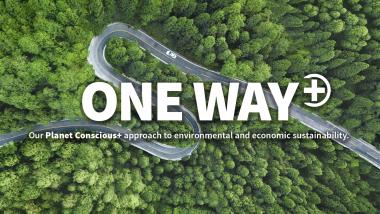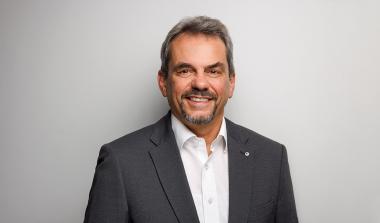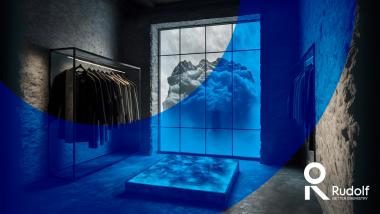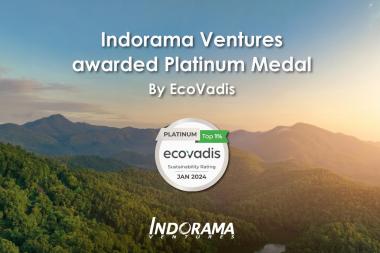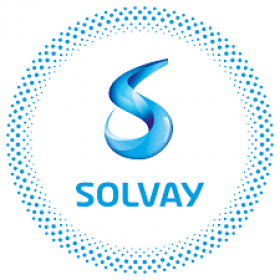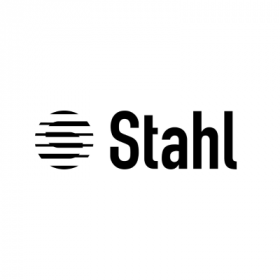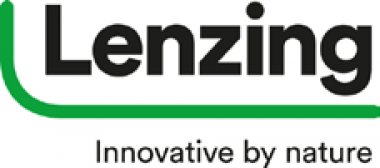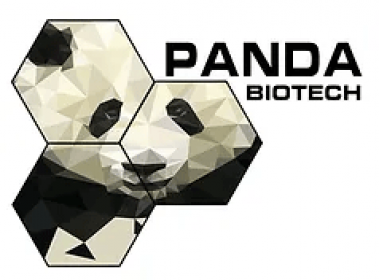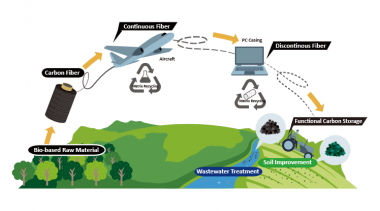Bemberg™ and Anita Dongre collaborate for ‘Azure’ Collection
Bemberg™, a brand of cupro fibre by Asahi Kasei Corporation, Japan, announces its collaboration with luxury couture label Anita Dongre to unveil the ‘Azure’ collection.
Anita Dongre, known for her timeless elegance and commitment to sustainability, has integrated Bemberg™ yarn into the ‘Azure’ collection, symbolizing a dedication to responsible fashion practices. Bemberg™ yarn, sourced from Asahi Kasei in Japan, embodies luxury and environmental responsibility.
The ‘Azure’ collection captures the serene essence of the sea, evoking the tranquil ebb and flow of waves against a backdrop of pristine skies. With soft hues and delicate color palettes, the collection introduces a fresh, breezy aesthetic, featuring flowy dresses, kaftans, and elegant sets designed to elevate the simplicity of spring-summer fashion.
C.L.A.S.S. Eco Hub







